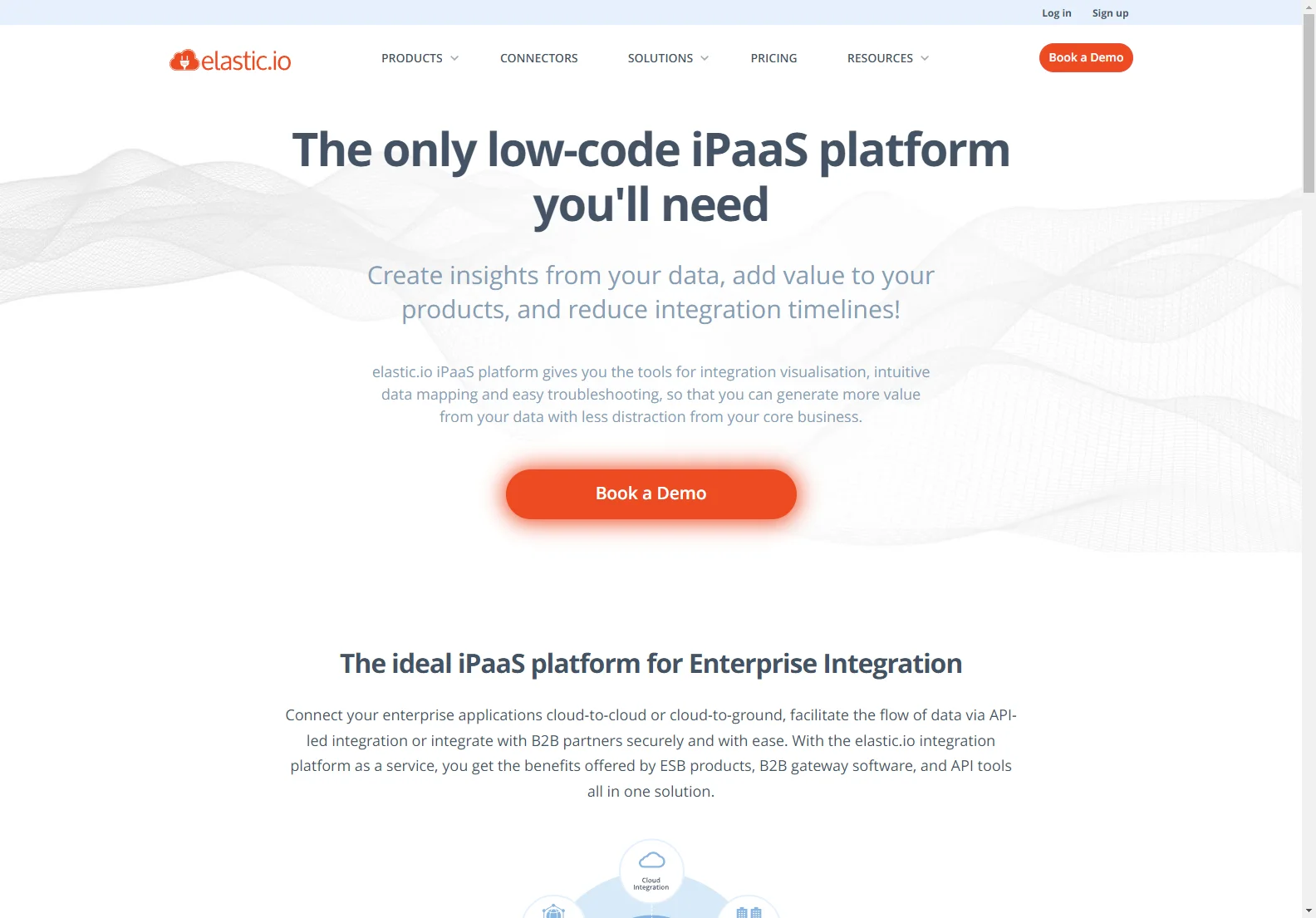elastic.io iPaaS Platform: The Only Low-Code Solution You'll Need
The elastic.io integration platform as a service (iPaaS) is a low-code solution designed to streamline data integration processes. It offers a comprehensive suite of tools for connecting various applications, both cloud-based and on-premises, making it a versatile solution for businesses of all sizes. This article delves into the key features, benefits, and use cases of the elastic.io platform.
Key Features
- Low-Code/No-Code Integration: elastic.io simplifies integration with its intuitive interface, requiring minimal coding expertise. This allows users to focus on business logic rather than complex coding tasks.
- Hybrid Integration: Seamlessly connect cloud and on-premises applications, eliminating data silos and enabling a unified view of information.
- API-led Integration: Easily access and integrate with various APIs, leveraging existing functionalities and expanding the platform's capabilities.
- Pre-built Connectors: A wide range of pre-built connectors for popular applications accelerates the integration process, reducing development time and effort.
- Scalability and Performance: Built on a microservices architecture, elastic.io offers high scalability and performance, handling large volumes of data with low latency.
- Visual Integration Designer: The platform provides a visual interface for designing and managing integrations, making the process more efficient and user-friendly.
- Robust Security: elastic.io prioritizes security, employing industry-standard measures to protect sensitive data during transmission and storage.
Benefits
- Reduced Integration Timelines: The low-code approach and pre-built connectors significantly reduce the time required for integration projects.
- Increased Efficiency: Streamlined data flows improve operational efficiency and allow for better decision-making.
- Improved Data Visibility: A unified view of data across different systems provides better insights into business processes.
- Enhanced Collaboration: The platform facilitates collaboration between different teams and departments.
- Cost Savings: Reduced integration time and improved efficiency translate to significant cost savings.
Use Cases
- Enterprise Integration: Connect various enterprise applications, such as CRM, ERP, and other business systems.
- Cloud Integration: Integrate disparate cloud-based applications and services.
- Hybrid Integration: Connect cloud and on-premises applications to bridge the gap between legacy and modern systems.
- API Integration: Easily access and leverage APIs from various sources.
- B2B Integration: Securely and efficiently integrate with business partners.
Comparisons
While elastic.io shares similarities with other iPaaS platforms like MuleSoft and Zapier, it distinguishes itself through its low-code approach, focus on hybrid integration, and robust security features. Compared to MuleSoft, elastic.io offers a simpler, more user-friendly interface, making it ideal for teams with limited coding expertise. Compared to Zapier, elastic.io provides greater scalability and control, suitable for larger enterprises.
Conclusion
The elastic.io iPaaS platform offers a powerful and versatile solution for businesses seeking to simplify and streamline their data integration processes. Its low-code approach, hybrid integration capabilities, and robust security features make it a compelling choice for organizations of all sizes.

